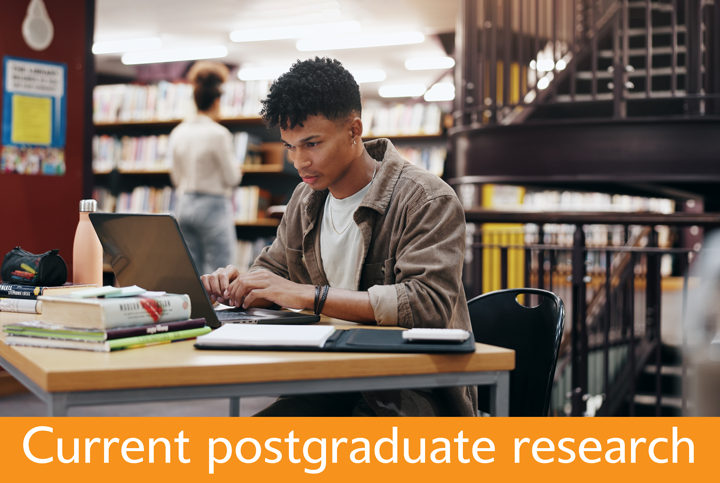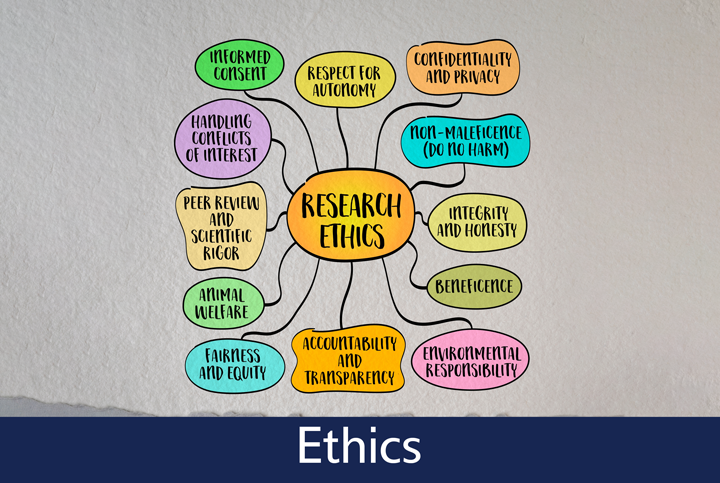
This page serves as a central resource for both current and prospective Master's and Doctoral candidates. It provides access to key information regarding supervision, research focus areas, proposal development, and institutional procedures. The Department is committed to the pursuit of academic excellence and policy-relevant research, and it remains dedicated to supporting postgraduate students in all stages of their scholarly endeavours.

The Department of Economics engages in a wide range of research activities that reflect both national priorities and global developments. Our core research focus areas include Development Economics, International Economics, Monetary & Financial Economics, and Public Economics. These areas provide the intellectual foundation for postgraduate supervision and scholarly inquiry, enabling students to contribute meaningfully to contemporary economic debates and policy formulation. The Department encourages interdisciplinary approaches and empirical analysis that advance understanding of key economic challenges in South Africa and beyond.

The Department invites applications from suitably qualified candidates who wish to pursue postgraduate studies in Economics. Admission to the Master's and Doctoral programmes is highly competitive and based on academic merit, research readiness, and alignment with the Department's supervision capacity and research focus. Prospective students are encouraged to familiarise themselves with the Department's research focus areas, identify potential supervisors, and submit a well-motivated and viable research outline in line with institutional guidelines.

Postgraduate students in the Department of Economics are engaged in a diverse range of research topics reflecting the Department's strategic areas of research. These include applied and theoretical studies aimed at addressing pressing socio-economic issues in South Africa and the broader region. The Department takes pride in the scholarly contributions of its students, many of whom publish and present their work nationally and internationally under the guidance of experienced supervisors.

All postgraduate research conducted within the Department of Economics must adhere to the highest standards of academic integrity and ethical conduct. Students are required to obtain formal ethics clearance for their proposed studies in accordance with Unisa's policies and procedures. Ethical compliance ensures the responsible conduct of research, particularly in projects involving human participants, sensitive data, or vulnerable communities.

The Department is committed to supporting the academic and professional development of its postgraduate students. A range of capacity-building initiatives, including proposal-writing workshops, research seminars, and academic writing support, are offered throughout the year. In addition, students have access to institutional resources and specialist training aimed at enhancing their research skills and facilitating successful degree completion.

A variety of funding mechanisms are available to support postgraduate students in the Department of Economics. These include internal bursaries, external scholarships, and research grants administered by the University and affiliated institutions. Students are encouraged to consult the College's monthly Student Bulletin and the postgraduate funding office for the latest information on available financial support, eligibility criteria, and application procedures.
Last modified: 2025/07/11